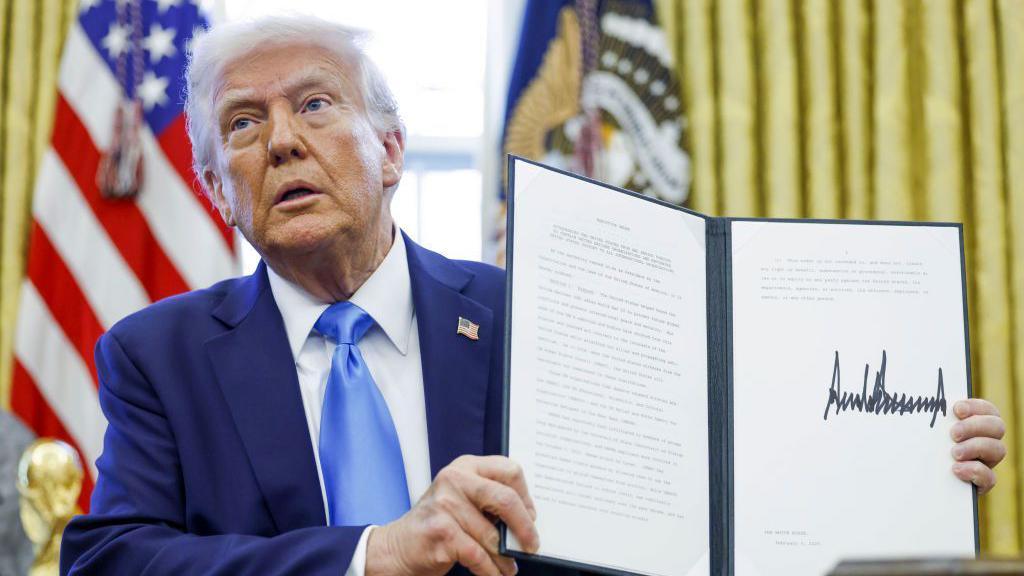In a scathing remark that’s caught political headlines, a former Trump administration official didn’t mince words about the President’s use of MAGA pardons, labeling them as “gross.” The comment adds fuel to an already hot debate around the ethics and implications of presidential clemency under Donald Trump—especially when those pardons directly benefited political allies and loyalists.
Who Said It—and Why It Matters
The criticism came from former White House communications director Alyssa Farah Griffin during a recent televised panel. Griffin, who has distanced herself from Trump’s post-election actions, called the pardons “gross” and “a blatant misuse of presidential power.” She pointed out that several MAGA allies who were pardoned had been convicted of crimes that directly harmed the integrity of government institutions.
Griffin’s statement underscores growing concern—even from within Trump’s own camp—about how the MAGA pardons reflect on democratic norms and executive overreach.
What Are MAGA Pardons?
MAGA pardons refer to the wave of presidential pardons issued by Donald Trump in the final months of his presidency. These weren’t typical mercy-driven decisions. Instead, many involved high-profile Trump loyalists, including Michael Flynn, Roger Stone, Paul Manafort, and Steve Bannon—figures deeply tied to Trump’s political movement and legal battles.
Critics argue these pardons were handed out less as acts of justice and more as rewards for loyalty, blurring the line between presidential power and personal interest.
The Fallout and Public Reaction
Reactions have been polarizing. Supporters argue the pardons were justified and aligned with Trump’s belief that these individuals were targeted for their political affiliations. However, others—including constitutional scholars and former officials like Griffin—warn that such actions set a dangerous precedent.
“This isn’t what pardons are for,” said Griffin. “It’s supposed to be about justice, not politics.”
Why This Moment Is Bigger Than One Quote
Griffin’s use of the word “gross” resonated because it distilled what many Americans feel: disgust at the politicization of presidential power. Her statement has become a rallying cry for those who believe in ethical leadership and transparent governance.
As Trump continues to dominate headlines—and hint at another run—the conversation around the MAGA pardons is far from over. Expect it to resurface in campaign debates, legal investigations, and discussions around presidential accountability.
Conclusion
The label of “gross” isn’t just a hot take. It’s a mirror held up to the core of Trump’s legacy. When even his former allies are speaking out, it’s clear the issue of MAGA pardons remains a serious and unresolved chapter in American politics.



